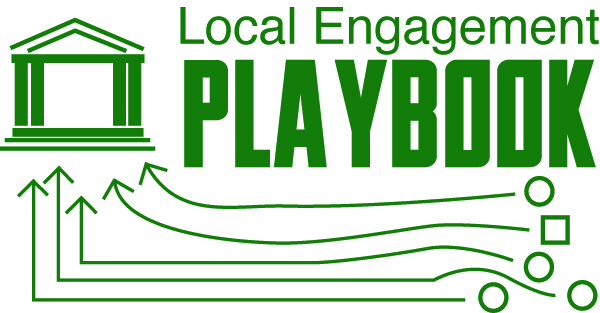
Local science and technology policy fellowships place scientists and engineers in legislative committees, policymaker's offices, or governmental advisory bodies to, essentially, work as expert staff. Fellows are able to translate their scientific skills into the science policy space, and learn how policymaking occurs through work on specific projects at the state level. In the playbook on how to apply for a local policy fellowship, we will cover a brief background on existing state fellowships and provide a few examples.
Several panelists at the National Science Policy Network (NSPN) webinar in September 2019 presented on state-level STEM fellowships. While the California Council on Science and Technology (CCST) set up the first of these fellowships, science policy expert Deborah Stine described how other states are also looking to establish similar programs. She highlighted that four interrelated elements are necessary for these fellowships to take root in a given state: champions, a non-profit home, a liaison within the state legislature, and funding. The volunteer “bottom-up” champions are individuals who work to identify an appropriate non-profit home of the fellowship, and a partner within the state government. With these needs in place, a fellowship program can identify funding from a regional foundation or state agency.
The presentation by Stine mentioned that currently three states have fellows in place with models that include these four elements: California, Connecticut and New Jersey. Other programs that have been able to get some funding and are scheduled to have fellows with a 2020 start date are Massachusetts, Missouri (MOST Policy Initiative), North Carolina and Virginia. Idaho, Pennsylvania, Virginia and Ohio are working together to establish a program. Illinois, Iowa, and Kansas are in the early stages of program formation. The State Science and Technology Policy Fellowship Program Interest Group offers information about this topic, and may contain information about application openings. The purpose of this group is to bring together those currently involved in state science and technology policy fellowship programs, those who are interested in forming programs within their state, and individuals interested in applying for these programs.
Below we detail a few examples of state-level fellowships and details about the application process.
California Council on Science & Technology (CCST) Fellows Program
Eagleton Science and Politics Fellowship
Missouri Science and Technology (MOST) Policy Fellowship program
This post represents my personal views and not the views of my employer, University of California.